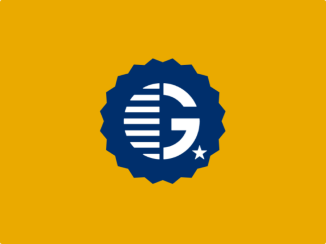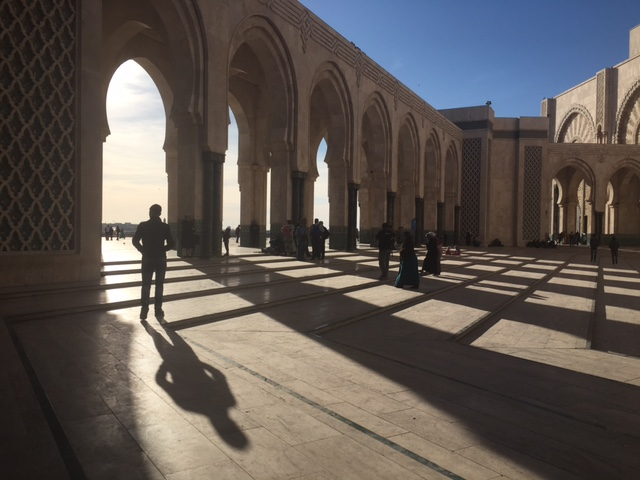Morocco

- 02-Nov-2016
Gilman Scholar Allysa Grant’s Favorite Things About Moroccan Culture
https://www.youtube.com/watch?v=Fe1hp0YE7Wg

- 26-Oct-2016
Gilman Scholar Allysa Grant Shares Her Moroccan Routine
https://www.youtube.com/watch?v=wFNm1pY7aCU

- 26-Sep-2016
Adapting as a Student Athlete in Morocco
My experience studying abroad as a student athlete has required a good amount of self-motivation. So far, I have beenRead More ⇾

- 27-May-2016
Back Home, But as a Different Person
It’s a very odd feeling to be back in the U.S. I don’t know if I am just more awareRead More ⇾

- 13-May-2016
Morocco and Mezzogiorno
My study abroad experience in Morocco has made me more confident than ever that I want to pursue a profession inRead More ⇾

- 02-May-2016
Learning to Say Yes
I think I have changed quite a bit since the start of my study abroad experience in Morocco, but inRead More ⇾

- 22-Apr-2016
Identity Confusion in the Mediterranean
I would like to preface this post by clarifying a few terms. When I use the terms Southern Italy, Mezzogiorno, orRead More ⇾

- 06-Apr-2016
A Day of Cow-Herding with Mustafa
Mustafa pushes the cows out of the cramped barn one by one and motions for the two of us to followRead More ⇾

- 28-Mar-2016
Top 7 Things to Experience in Morocco
1.) Brush up on Moroccan politics An experience in Morocco will be much more enriching if you can understand MoroccanRead More ⇾

- 14-Mar-2016
Developing a Routine in Morocco
Over the past few weeks, I have developed a routine: I wake up to the city-wide call to prayer inRead More ⇾

- 17-Feb-2016
First Impressions of Morocco
It wasn’t until I woke up the morning of my flight that I really understood that I was leaving theRead More ⇾



